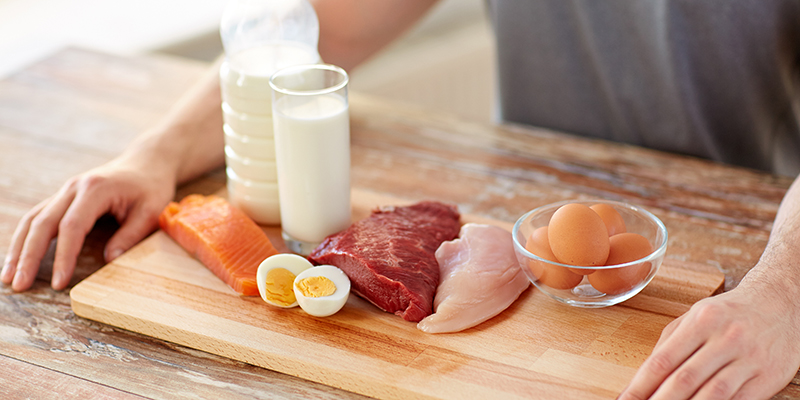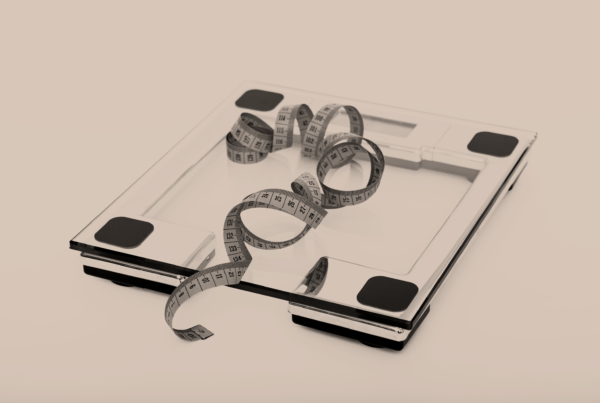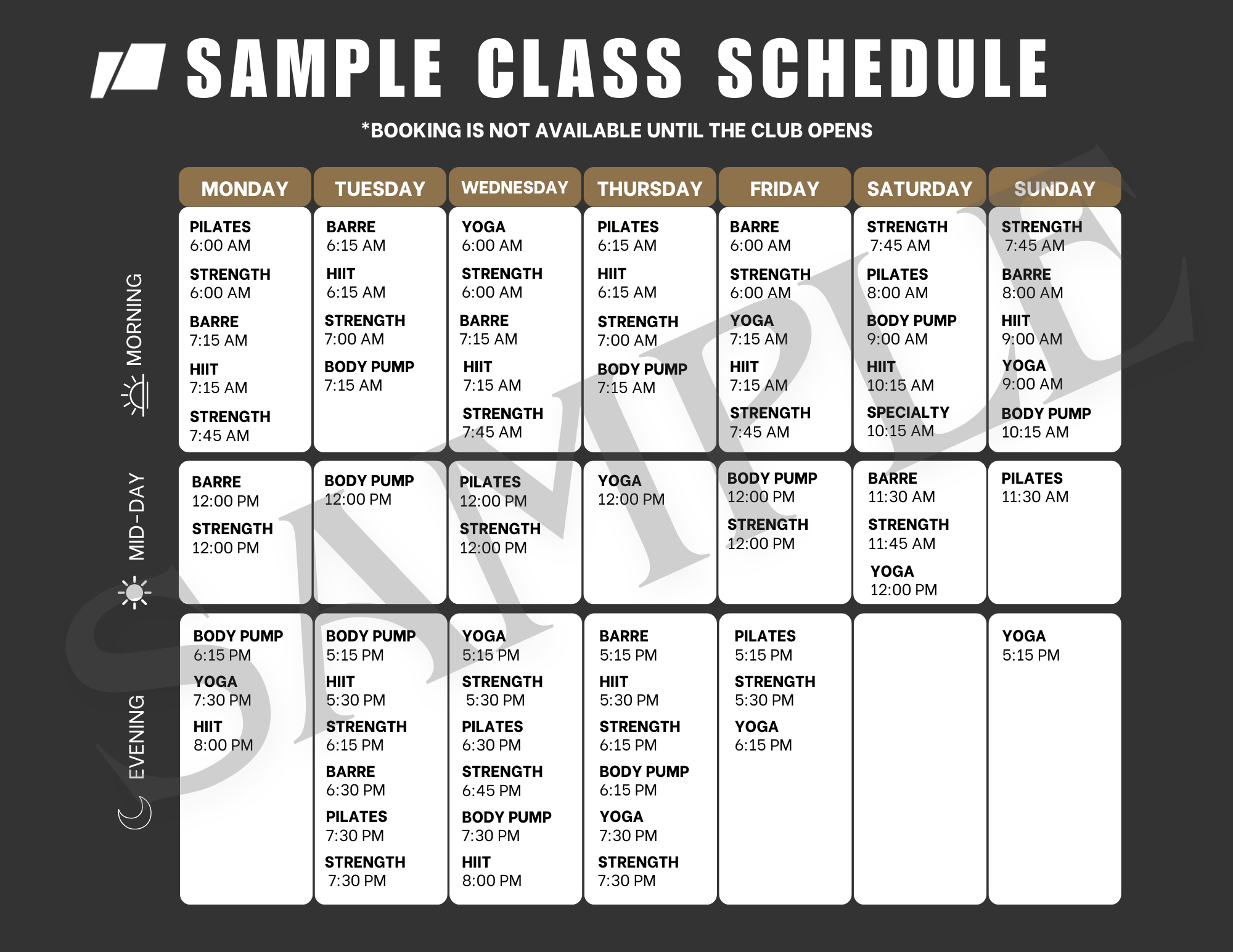You sip protein shakes in the morning. Eat a burger without fixings for lunch. You snack on turkey jerky and finish the day with a three meat salad with hard boiled eggs for dinner. You believe in the power of protein. Or maybe you don’t and are wondering if you should hop on the bandwagon. Why shouldn’t you?
It’s true that your body needs protein to build and repair tissue and deliver oxygen. Protein helps your body regulate hormones, enzymes, and sugars. It is without a doubt one of the fundamental building blocks of life. But, before you dive into a tub of protein powder, consider this- there is such thing as protein overload. Like most things you put into your mouth, you can have too much of a good thing.
How much do you actually need?
The recommendations can be confusing. Daily protein needs vary from 50 grams of protein a day to 1.7 grams depending on many things including your weight, activity level and the type of activity you do.
Before you ditch your veggies in favor of an extra slab of meat, consider the fact that too much protein can stymie your fitness plan.
True or False:
Too Much Protein Can Hold Back Your Fitness Plan
You May Also Like: Food Safety 101: 5 Tips Fit Foodies Should Follow
Your body stores excess protein as fat.
Your body can store carbohydrates and fat for energy. That’s it. It can’t store protein. Any extra protein that isn’t used as an (inefficient) source of energy will be converted to fat. If you’re seeking to lose weight and build muscle, simply increasing protein intake isn’t a magical fix.
Too much protein can cause dehydration.
Your body uses water to metabolize protein and excrete associated waste. If you couple increased activity load with excess protein, it could be double trouble if special attention isn’t paid to hydration. Too much protein is hard on the kidneys.
Protein consumed in excess poses problems for bone health.
Taking in too much protein can result in urinary calcium loss due to an acidogenic effect. A diet that is high in acid-ash protein and lacks potassium-rich fruit and vegetables (that can counteract the effect) is especially risky for individuals who are prone to osteoporosis.
Before you stock up on protein shakes or start wolfing down steak, find out if you actually need the extra boost. Consult a doctor or nutritionist so you know your numbers and can create a protein plan that will help and not harm your health.









